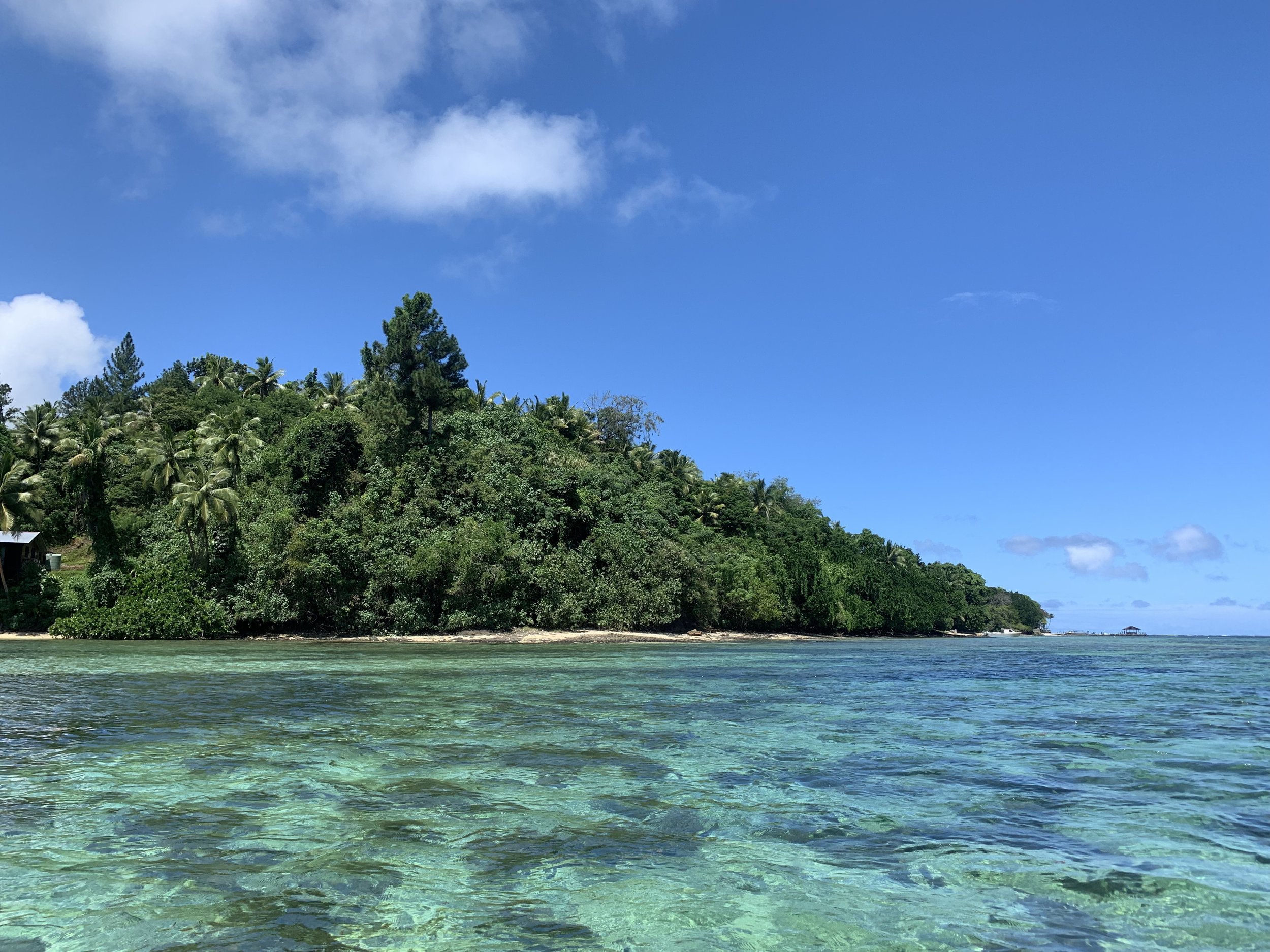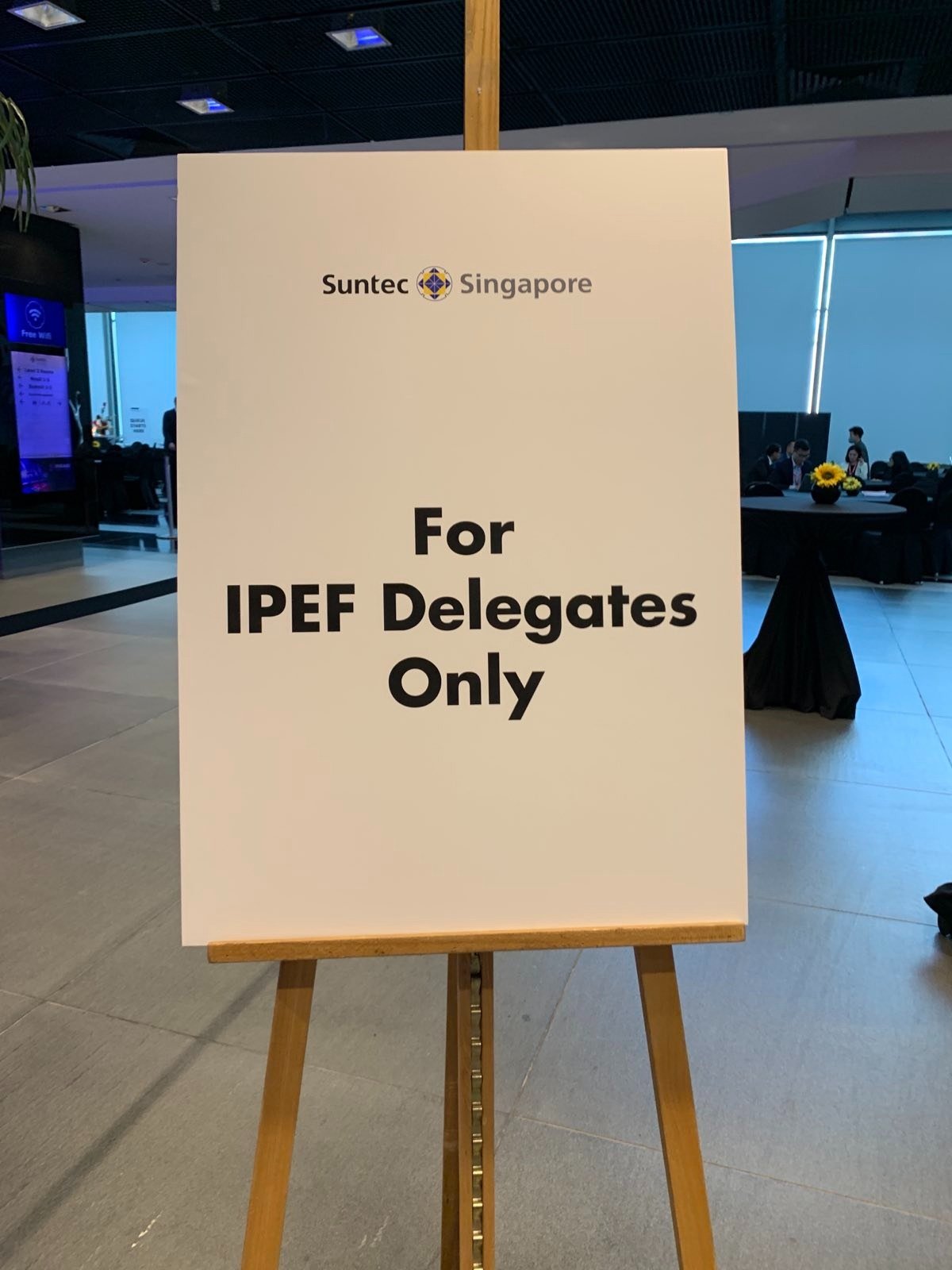
Indo-Pacific Economic Framework for Prosperity
The Indo-Pacific Economic Framework for Prosperity (IPEF) is a US led initiative that aims to link major and emerging economies in the Indo-Pacific geopolitical area to the US economy in an attempt to undermine China's economic influence. There is a risk that the IPEF will just be a repeat of other failed free-trade driven agreements unless it can break from the demands of big-tech and other US corporations.
The IPEF currently involves 14 Parties: Australia, Brunei Darussalam, Fiji, India, Indonesia, Japan, Malaysia, New Zealand, the Philippines, Republic of Korea, Singapore, Thailand, the United States and Vietnam. Negotiations are structured around 4 pillars: Trade; Supply Chains; Clean Economy; and Fair Economy, however, countries may opt out of any of them as India has done on the Trade pillar.
The negotiations are taking place in secret with no access available for civil society to know what is being negotiated.
The US hopes to have the agreement finalised (or at least some parts of it) when it hosts APEC leaders in November 2023 as part of its chairing of that group.
WTO Public Forum 2023:
Does IPEF offer a new model of trade agreements to address sustainability & the climate crisis?
The Indo-Pacific Economic Framework for Prosperity (IPEF) involving Australia, Brunei Darussalam, Fiji, India, Indonesia, Japan, the Republic of Korea, Malaysia, New Zealand, Philippines, Singapore, Thailand, the USA and Vietnam is a new model of trade agreement. Principles of sustainability and inclusivity are embedded across four pillars of trade, supply chains, clean economy and fair economy. Novel rules, commitments to good regulatory practices and forms of cooperation aim to enhance affordable and reliable access to environmental goods, services and technologies, resilience of supply chains and transition to a global low-carbon economy. This panel examines the implications of the IPEF model for multilateralism, developing countries, Indigenous Peoples, climate change, sustainability and green trade.
-

Civil Society Calls for Release of Pillar 2 Agreement
Civil society groups from across the Indo-Pacific, including Fiji, have sent a letter to Trade Ministers calling for the release of agreements and key documents from the Indo-Pacific Economic Framework (IPEF). The letter comes after the May meeting of Trade Ministers had “substantially concluded” the Supply Chain Agreement, one of the four pillars of the IPEF agreement.
-

IPEF Explainer Brief
Find out the basics of what IPEF is, why and how it’s being negotiated, and what it may mean for Fiji and any other Pacific Island Countries thinking of joining.
-

PANG's IPEF Stakeholder Comments
At the Singapore round of IPEF negotiations, PANG highlights the need for access to texts, problems with fisheries subsidies rules for development, and way digital trade proposals undermine possibilities for Fiji.
-

Civil Society Call for Transparency and Participatory Process
Over 45 civil society organisations from across the IPEF member countries have called for an overhaul of the trade negotiation process for IPEF and to see greater transparency and participation to ensure that any outcome supports communities, livelihoods, Indigenous peoples, and the environment.


